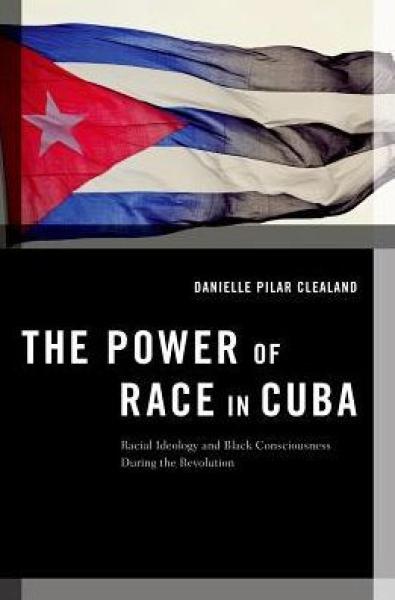Description
By promoting an anti-discrimination ethos, diminishing class differences at the onset of the revolution, and declaring the end of racism, Castro was able to unite belief in the revolution to belief in the erasure of racism. The ideology is bolstered by rhetoric that discourages racial affirmation. The second part of the book examines public opinion on race in Cuba, particularly among black Cubans. It examines how black Cubans have indeed embraced the dominant nationalist ideology that eschews racial affirmation, but also continue to create spaces for black consciousness that challenge this ideology. The Power of Race in Cuba gives a nuanced portrait of black identity in Cuba and through survey data, interviews with formal organizers, hip hop artists, draws from the many black spaces, both formal and informal to highlight what black consciousness looks like in Cuba.
Product Details
- Oxford University Press, Brand
- Jul 31, 2017 Pub Date:
- 0190632305 ISBN-10:
- 9780190632304 ISBN-13:
- 272 Pages
- 9.6 in * 6.1 in * 0.6 in Dimensions:
- 1 lb Weight:




